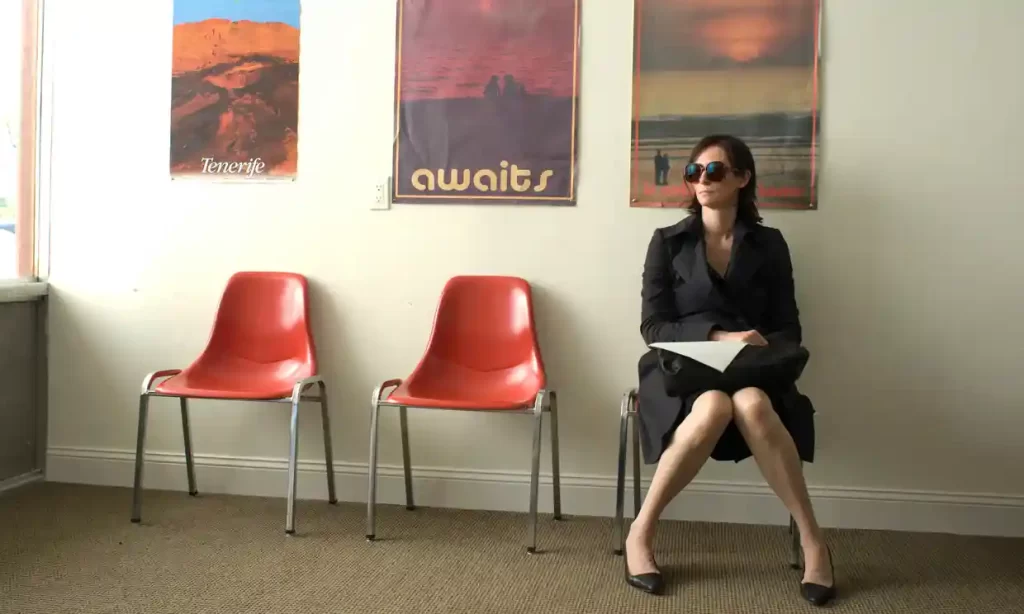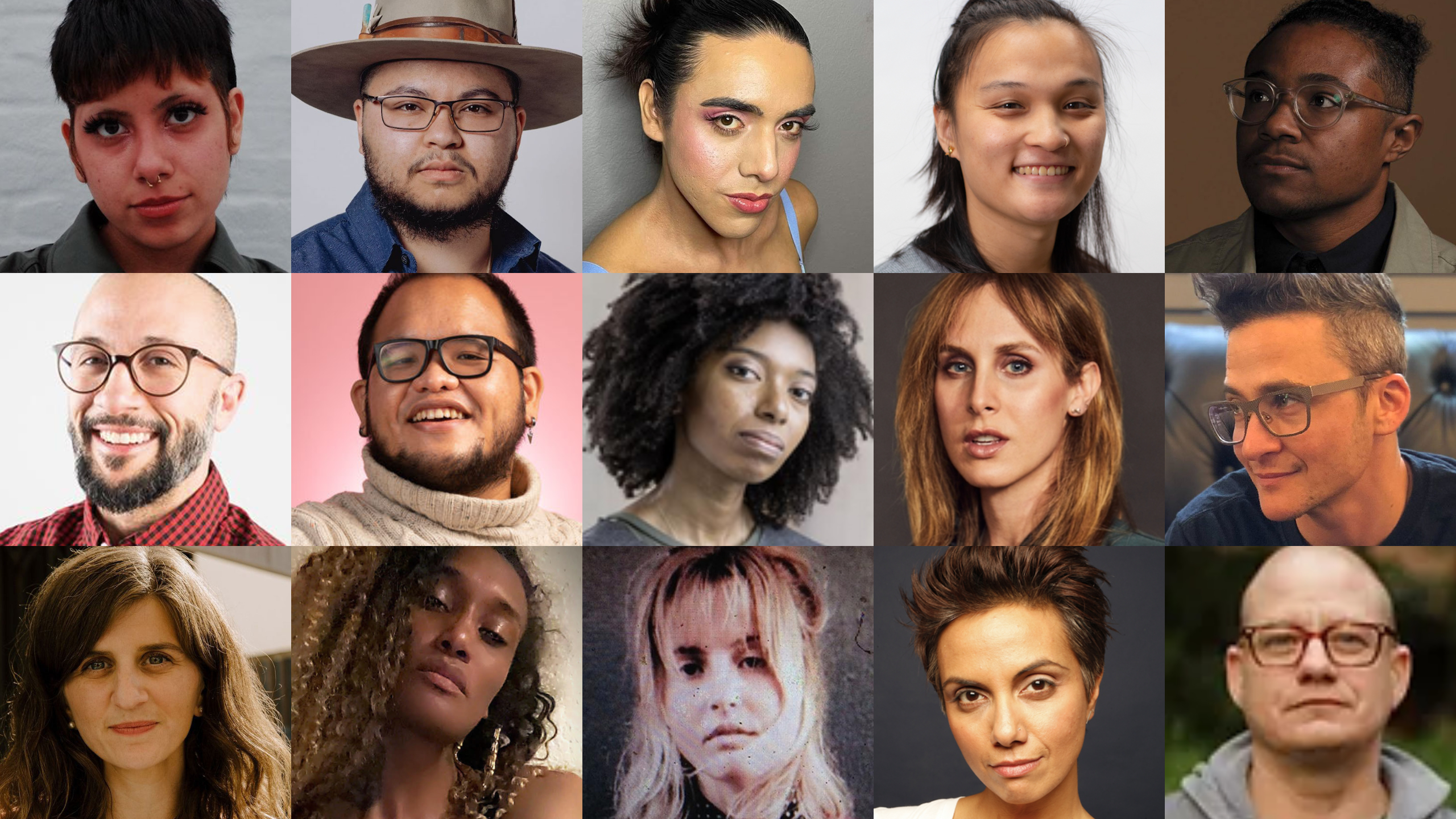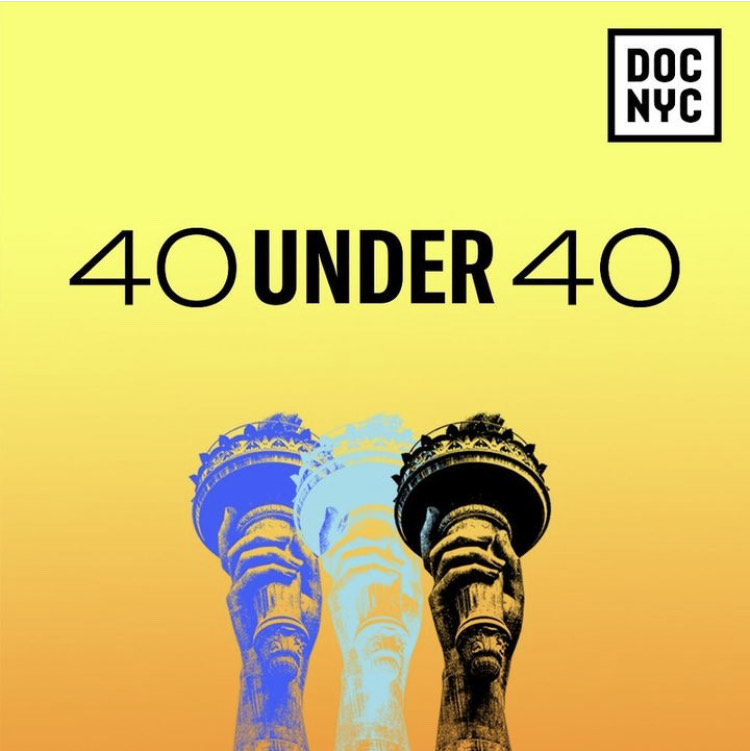The movies are a boys’ club, so break it up – Zoe Margolis
I was groped and ignored when I worked on film sets. New rules on gender balance are welcome

Tilda Swinton in We Need to Talk About Kevin, directed by Scottish film-maker Lynne Ramsay. Photograph: Nicole Rivelli photography
Ten years ago, I was working on feature films as a third assistant director and experienced industry sexism on a daily basis. My very first day on a big budget film set involved male crew members shouting comments about my breasts. It was a lesson as to who had the power on set: not women.
So it comes as no surprise to learn a study of the gender of UK film directors over the last decade has found women are under-represented across the board. It truly is an old boys’ club, and while not explicitly barred, women are rarely made to feel welcome. I know my late mentor, the hugely talented director Antonia Bird, suffered both subtle and explicit discrimination in the industry. And despite the support offered by peer support groups like Film Fatales, I don’t believe much has changed for women directors in the last 10 years.
I witnessed hugely discriminatory hiring practices in feature films
With so few women directing films, women’s voices and stories are excluded, and this limits the scope of our culture as a whole. A male-dominated film industry leads to male-focused films – stories literally being told through a male lens – leaving women not only under-represented among directors but on screens too. Audiences are therefore restricted in what they get to watch. Film as a commercial art form is unique in that it can shape public opinion as well as respond to it: it should represent our society as a whole.
The study by Stephen Follows, commissioned by Directors UK, “found no evidence of any organised, conscious or deliberate efforts to exclude women from the industry” and concluded that the imbalance is “primarily due to an unconscious bias”. It is this bias which needs to be challenged. Systemic barriers are preventing women not just from progressing in the industry, but even from getting to the first step on the ladder.
I witnessed hugely discriminatory hiring practices in feature films. Jobs were rarely advertised and deals were struck with heads of departments – almost always male – who brought with them their own teams of people, frequently consisting of a son, brother, nephew or cousin. It was no surprise, with this nepotism, that most people on set were men.
But even if you get your foot in the door, as a female crew member, you still struggle. My polite request for quiet as the cameras were due to roll was met with disparaging responses from the male crew. Often I was ignored, as if I just didn’t exist; frequently I received sexist comments ranging from “Do something useful and make us a cup of tea, love,” through to: “I’ve been in this industry 30 years, darlin’, and I’m not taking orders from a girl.” As a 29-year-old woman, I was shocked to be spoken to like this. Suffice to say that it was a constant battle behind the scenes to prove my worth and be respected.
English director Andrea Arnold’s 2009 film Fish Tank, which won the jury prize at Cannes.
Give half of UK film funding to projects led by women, directors say
Read more
Given all that, it’s no surprise that the sexual harassment I encountered – having my backside and breasts groped by men on set, and being explicitly propositioned by a Hollywood actor – was never challenged. I regret never formally complaining about those experiences. When I asked a superior if I could report the sexual harassment, I was told: “You’d probably win some money in court, but you’ll never work in the industry again.” I was ambitious and wanted to work my way up, and hearing this made me so fearful that I didn’t take it further. If I had challenged it, might that have improved things for the young women below me on the ladder? Or would it have just resulted in one fewer female crew member? Either way, it shouldn’t fall to one person to risk their livelihood in order to challenge the sexism in movies: it needs to be attacked industry-wide.
I support Directors UK’s demand that by 2020, 50% of films backed by UK-based public funding bodies should be directed by women, as well as the recommendation that in order for any film to qualify for UK tax relief it should be required to fulfil “diversity” criteria, including gender.
For the latter criteria to be met, I would argue that unions need to be recognised across all film-making departments. Every contract I signed to work on a multimillion-dollar feature film had a clause stating that I had to give up my right to union representation for the duration of the production; if I didn’t agree, I would not be hired.
If the gender balance of directors on UK films is to change, then crew members with less status and power need support too. If this study can set in motion an industry-wide campaign to destabilise the old boys’ networks and ensure there is equal representation across departments, this will benefit not just the women currently in the industry, but future generations of women hoping to one day work within it too.
I hope you appreciated this article. Before you move on, I was hoping you would consider taking the step of supporting the Guardian’s journalism.
From Elon Musk to Rupert Murdoch, a small number of billionaire owners have a powerful hold on so much of the information that reaches the public about what’s happening in the world. The Guardian is different. We have no billionaire owner or shareholders to consider. Our journalism is produced to serve the public interest – not profit motives.
And we avoid the trap that befalls much US media – the tendency, born of a desire to please all sides, to engage in false equivalence in the name of neutrality. While fairness guides everything we do, we know there is a right and a wrong position in the fight against racism and for reproductive justice. When we report on issues like the climate crisis, we’re not afraid to name who is responsible. And as a global news organization, we’re able to provide a fresh, outsider perspective on US politics – one so often missing from the insular American media bubble.
Around the world, readers can access the Guardian’s paywall-free journalism because of our unique reader-supported model. That’s because of people like you. Our readers keep us independent, beholden to no outside influence and accessible to everyone – whether they can afford to pay for news, or not.



